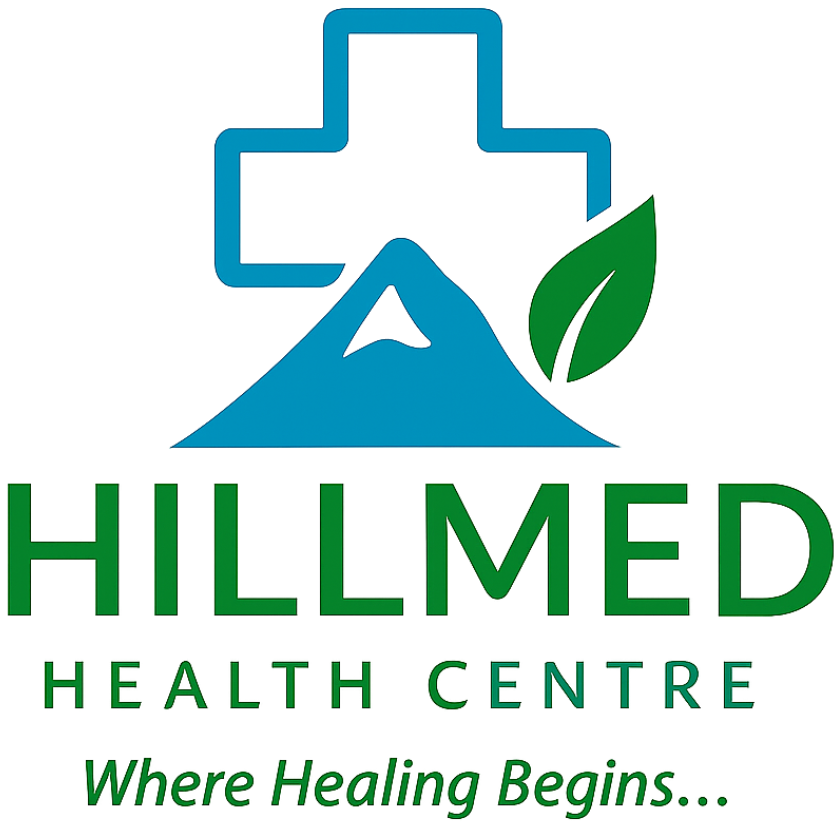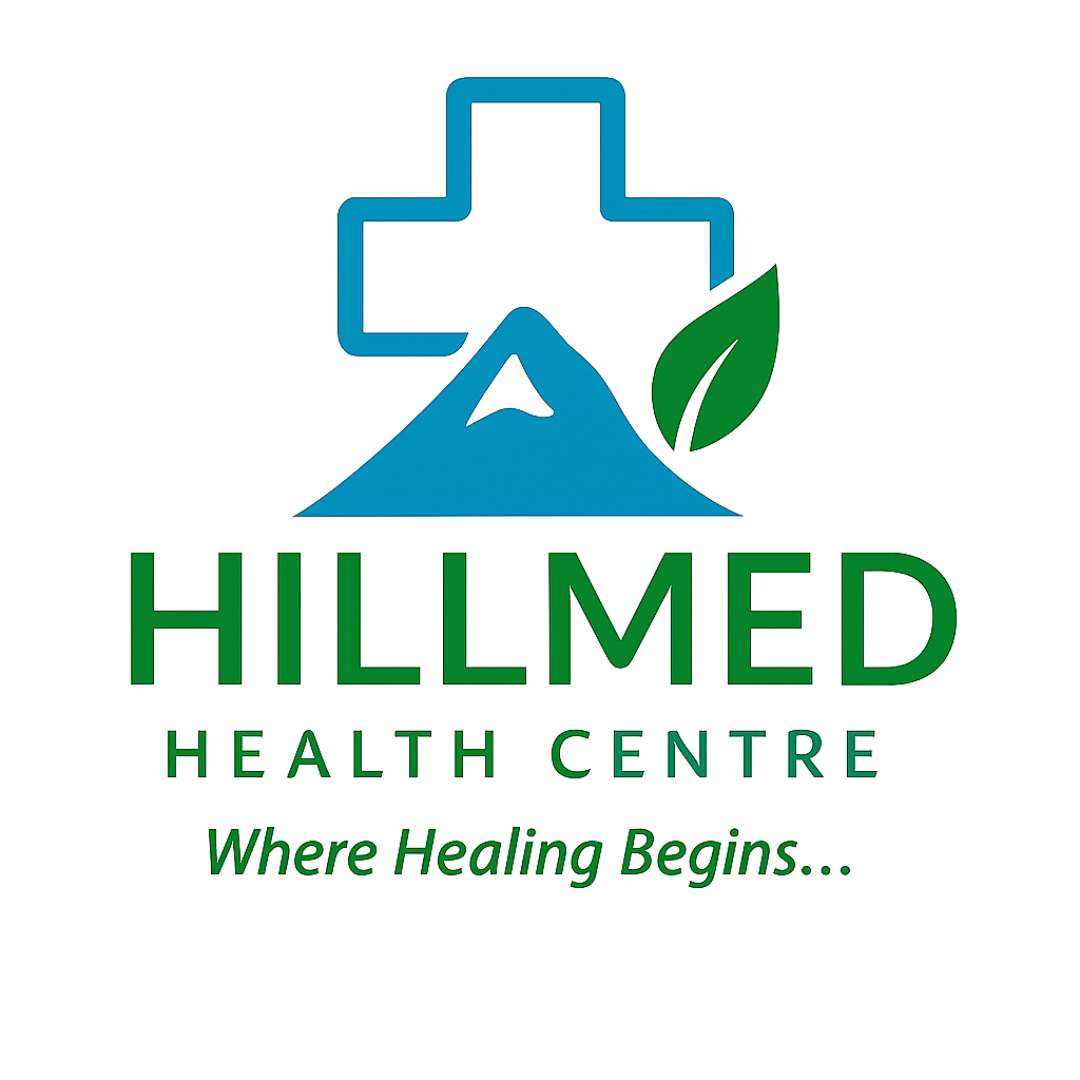Skin health
Skin cancer is a year-round issue. More than 300 New Zealanders die from skin cancer every year. See below to find out active ways to protect yourself against the danger of developing skin cancer.
HillMed Health Centre offers full skin checks, skin biopsies, excisions of lesions, cryotherapy and ongoing surveillance for melanoma patients.
Make an appointment for your annual skin check today.
Specialist Skin Check Appointments
Our skin check appointments take 30 minutes so please be sure to tell the receptionist when you book in for a Skin Check.
FOR YOU - YOUR FAMILY - YOUR EMPLOYEES
Skin cancer is a year-round issue. More than 300 New Zealanders die from skin cancer every year.
Remember, you are still at risk of sunburn and skin cancer on a cooler or cloudy day. Sunbeds emit UV radiation, so are not a safe option for getting a tan. A fake tan, or spray tan, is the way to go.
What can you do?
- Avoid being in the sun between the peak UV radiation periods of 10am to 3pm
- Seek shade and wear clothing that covers your shoulders, arms and legs
- Wear a broad-brimmed hat that shades your face, neck and ears.
- Apply SPF 30+ broad spectrum, water resistant sunscreen at least every 2 hours
- Wear wrap-around sunglasses
- Get to know you own skin, check regularly for changes to moles or new moles
- Get relatives or friends to help you check Visit a skin doctor each year, or more regularly if advised by your GP.
Find out more information about
Minor surgery
Make an appointment now.
Enrol your family at HillMed Health Centre
Book your appointment with us. Or if you haven't, register with HillMed Health Centre today.

